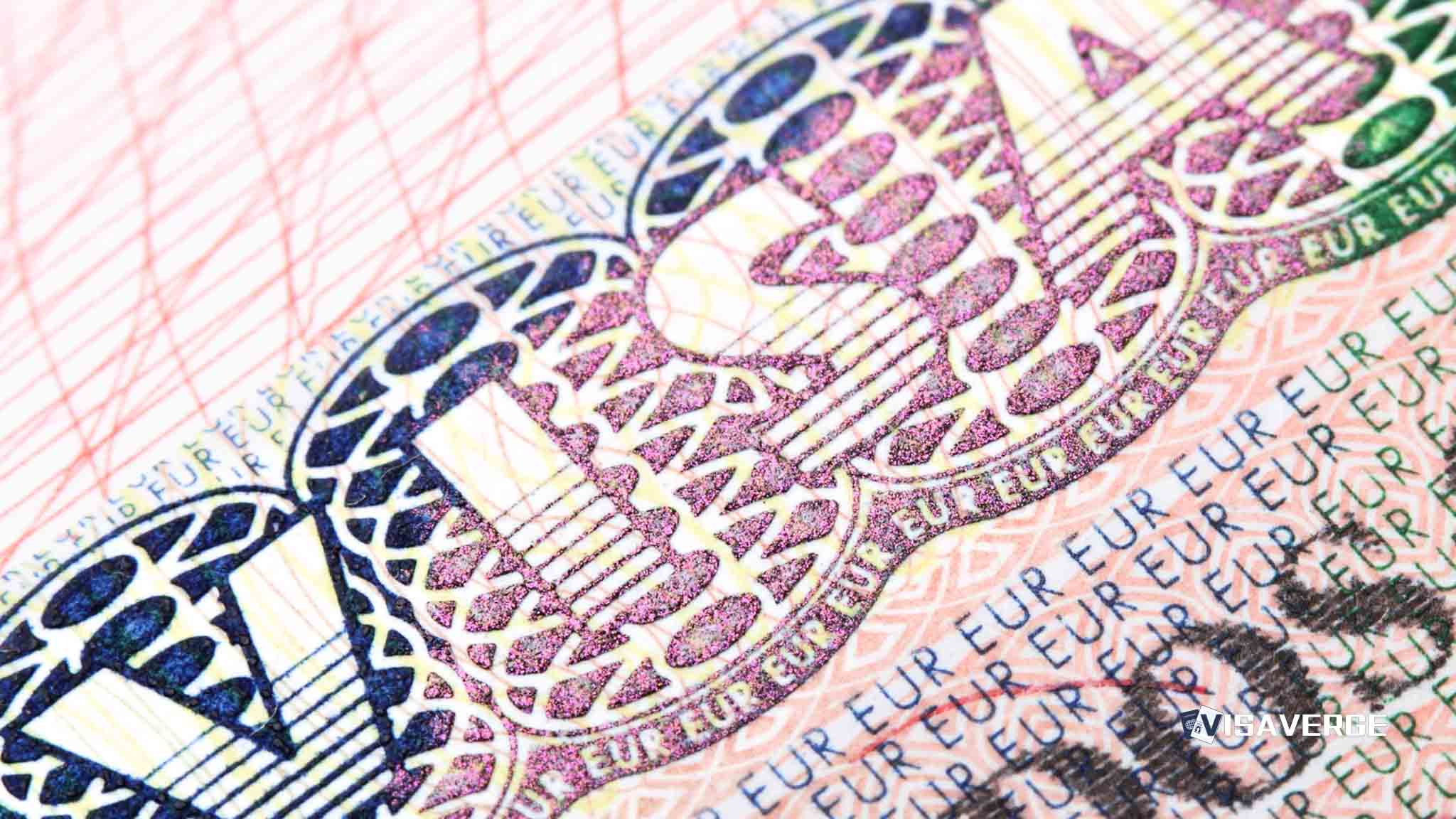Understanding the Public Charge Rule
The I-485 application, also known as the Application to Register Permanent Residence or Adjust Status, is a critical step towards achieving long-term residency in the United States. Understanding all facets of this process, including the Public Charge rule, is essential for a successful outcome.
The Public Charge rule is a term used in immigration law to refer to an individual who is likely to become dependent on the government for subsistence. This rule plays a pivotal role in determining an individual’s eligibility for a green card or visa.
How the Public Charge Rule Affects I-485 Applications
When you submit your I-485 application, U.S. Citizenship and Immigration Services (USCIS) reviews your case to decide whether you might become a public charge. Specifically, they are assessing if you are potentially someone who will rely on public benefits such as food stamps, Medicaid, or housing assistance for a long period.
To decide, the USCIS examines several factors, such as:
- Age
- Health
- Family status
- Assets, resources, and financial status
- Education and skills
Clearly, the Public Charge rule can significantly influence the outcome of your immigration application.
What Constitutes a Public Charge?
Under the current guidelines, you may be considered a public charge if you use one or more specified public benefits for more than 12 months within a 36-month period. If you use two different benefits in one month, it counts as two months.
How to Prepare Your I-485 Application Considering the Public Charge Rule
To limit the immigration application impact, individuals should:
- Ensure they have a solid employment history or job offer.
- Maintain and prepare to present evidence of financial stability.
- Gather documentation that supports their education and skill level.
- Understand which public benefits could be considered in the public charge determination.
Key Considerations to Alleviate the Impact of the Public Charge Rule
Here are a few steps you can take to lessen the possible negative impact of the Public Charge rule on your I-485 application:
- Assess Your Current Benefits: Review any public benefits you are using and consider their necessity against your green card application.
- Gather Documentation: Compile evidence of your financial resources, educational background, employment, and other factors that demonstrate self-sufficiency.
-
Seek Legal Advice: If you’re uncertain about how the Public Charge rule might affect you, consult an immigration attorney for personalized advice.
-
Stay Updated: Immigration policies can change, so stay informed on the latest rules and guidelines through USCIS.
What Benefits are Exempt from Public Charge Consideration?
Certain benefits are not considered in the public charge inadmissibility determination, including:
- Disaster relief
- Emergency medical assistance
- Benefits received by individuals serving in the U.S. Armed Forces
Conclusion
The Public Charge rule has a significant bearing on your I-485 application. However, with thorough preparation and an understanding of the rule’s specifics, you can take the necessary steps to demonstrate that you are not at risk of becoming a public charge.
The immigration application impact can be mitigated by ensuring you meet all requirements and present a strong case for self-sufficiency. Remember that each case is unique, and seeking professional legal advice can be a crucial step in navigating the complexities of immigration law.
And there you have it, folks! The ins and outs of the Public Charge rule demystified. Just remember, being a public charge isn’t as cool as it sounds – it’s all about proving your financial independence and avoiding a dependency on government benefits. If you want to dive deeper into the world of immigration and visas, head over to visaverge.com for more insightful info. Happy exploring!
FAQ’s to know:
FAQ 1: What factors does USCIS consider when assessing the Public Charge rule in an I-485 application?
When reviewing an I-485 application, USCIS considers several factors to determine if an individual might become a public charge. These factors include age, health, family status, assets, resources, financial status, education, and skills. By assessing these elements, USCIS aims to assess whether the applicant is likely to rely on public benefits such as food stamps, Medicaid, or housing assistance for an extended period.
FAQ 2: What benefits are not considered in the public charge determination?
Certain benefits are exempt from consideration in the public charge inadmissibility determination. These include disaster relief, emergency medical assistance, and benefits received by individuals serving in the U.S. Armed Forces. If you are utilizing these benefits, they will not negatively impact your public charge assessment or immigration application.
FAQ 3: How can I mitigate the potential negative impact of the Public Charge rule on my I-485 application?
To alleviate the potential negative impact of the Public Charge rule on your I-485 application, you can take the following steps:
- Assess Your Current Benefits: Evaluate the necessity of any public benefits you are using, considering their potential impact on your green card application.
-
Gather Documentation: Collect and organize evidence of your financial resources, educational background, employment history, and other factors that demonstrate self-sufficiency.
-
Seek Legal Advice: Consult with an experienced immigration attorney who can provide personalized advice and guidance tailored to your specific situation.
-
Stay Updated: Stay informed about the latest rules and guidelines regarding the Public Charge rule by regularly reviewing the USCIS website.
By being proactive, gathering relevant documentation, and understanding the rule’s implications, you can better prepare your application and present a strong case for your self-sufficiency and eligibility for a green card.
What did you learn? Answer below to know:
- True or False: The Public Charge rule is used by U.S. Citizenship and Immigration Services (USCIS) to determine an individual’s eligibility for a green card or visa.
- Short Answer: What factors does the USCIS consider when assessing whether an individual might become a public charge?
- Multiple Choice: Which of the following benefits are exempt from consideration in the public charge determination?
a) Food stamps
b) Emergency medical assistance
c) Unemployment benefits
d) Housing assistance














